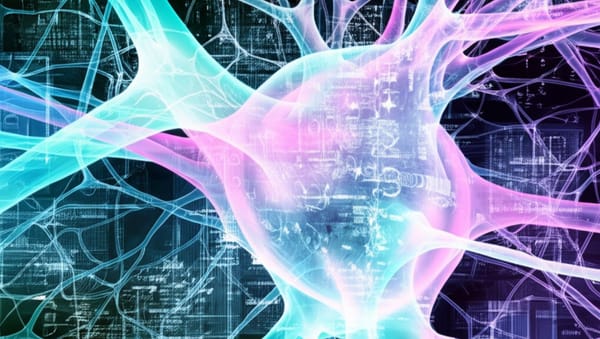Andrew Ng Warns U.S. Tariffs Will Damage Global AI Collaboration

"I am so sorry that the U.S. is letting down our friends and allies," declared renowned AI pioneer Andrew Ng in a stark warning about how broad tariffs will damage the global AI ecosystem. "Broad tariffs, implemented not just against adversaries but also steadfast allies, will damage the livelihoods of billions of people, create inflation, make the world more fragmented, and leave the U.S. and the world poorer."
End of Miles reports that Ng's concerns come as tensions rise around international trade policies and their potential impacts on technological collaboration.
Hardware Restrictions Will Slow AI Progress
The Stanford professor and Coursera co-founder specifically highlighted how tariffs on physical goods will create barriers to AI advancement even if digital collaboration continues. While acknowledging a "silver lining" in the tariffs' focus on physical rather than digital goods, Ng warns of significant downstream effects.
"AI relies on hardware, and tariffs will slow down AI progress by restricting access to it. Even though a last-minute exception was made for semiconductors, taxing imports of solar panels, wind turbines, and other power-generation and -distribution equipment will diminish the ability to provide power to U.S. data centers." Andrew Ng
The former Google Brain and Baidu AI leader elaborated that increased costs for servers, cooling hardware, and networking equipment will make data center construction more expensive, while tariffs on consumer electronics will restrict citizens' ability to learn and use AI technologies.
Preserving the Digital Flow of Ideas
Despite his concerns, Ng identifies the potential for continued collaboration through digital channels, particularly through open source software and intellectual property sharing.
"IP is difficult to tax, because each piece of IP is unique and thus hard to value, and it moves across borders with little friction via the internet. Many international AI teams collaborate across borders and timezones, and software, including specifically open source software, is an important mechanism for sharing ideas." Andrew Ng
I am so sorry that the U.S. is letting down our friends and allies. Broad tariffs, implemented not just against adversaries but also steadfast allies, will damage the livelihoods of billions of people, create inflation, make the world more fragmented, and leave the U.S. and the…
— Andrew Ng (@AndrewYNg) April 10, 2025
The AI researcher expressed hope that "this free flow of ideas remains unhampered, even if the flow of physical goods is" restricted by new tariff policies.
A Call to Preserve Global AI Community
Beyond analyzing policy impacts, Ng made a personal appeal to the AI community to maintain international relationships despite political tensions. His message emphasizes that technological progress depends on global cooperation that transcends national trade disputes.
"I hope we can return to a world of vibrant global trade with strong, rules-based, U.S. participation. Until then, let's all of us in AI keep nurturing our international friendships, keep up the digital flow of ideas — including specifically open source software — and keep supporting each other. Let's all do what we can to keep the world as connected as we are able." Andrew Ng
This call for continued collaboration comes at a critical moment for artificial intelligence development, as nations increasingly view AI as a strategic technology with national security implications. The tension between nationalistic policies and the inherently global nature of scientific advancement creates significant challenges for researchers and technology companies operating across borders.




